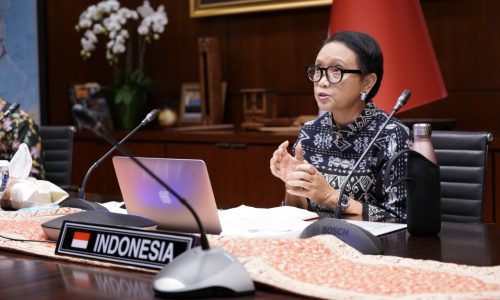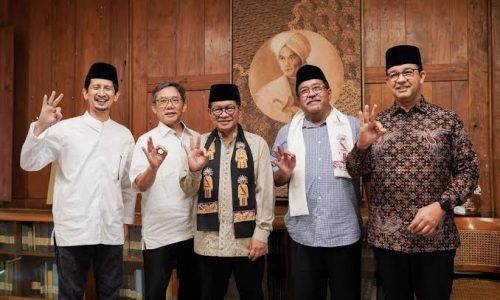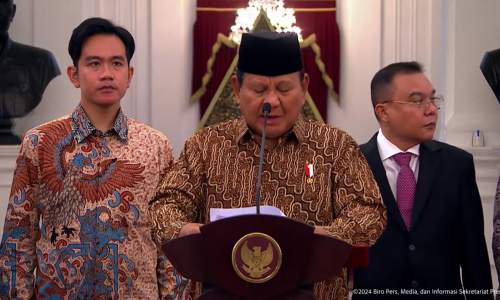A legislator with the House of Representatives’ (DPR) Agriculture, Environment and Forestry Commission IV, has called on the Ministry of Environment and Forestry (KLHK) to conduct research on river water in mining areas potentially contaminated by illegal mining activities.
“We ask, if there is still a budget, please conduct that research. We can’t move without data,” Ihsan Yunus, a legislator of the Indonesian Democratic Party of Struggle (PDI-P) said during a hearing with Environment and Forestry Minister Siti Nurbaya Bakar in Jakarta, on Wednesday, June 12, 2024.
He highlighted a specific example from his constituency, Jambi Province, particularly in upstream areas like Merangin Regency. He noted the presence of illegal gold miners, locally known as “peti,” who frequently use cyanide and mercury.
“They use cyanide and mercury. Cyanide can break down in the river, but mercury persists and causes permanent damage, both to river biota and the water itself,” Ihsan said.
He expressed concern that mercury contamination in rivers where “peti” operates might be causing health problems for residents consuming the water and affecting river biota.
Ihsan suspected that 50-60 percent of children with Down syndrome in the area might be affected by the polluted river water.
“I’m suspicious that many younger generations, especially those living in ‘peti’ areas who eat and drink from there, have Down syndrome. It could be 50, 60 percent of a generation,” he said.
While acknowledging the difficulty in eradicating illegal mining activities due to previous enforcement efforts leading to casualties, Ihsan emphasized the need for action.
“Eradicating it is difficult because every time there’s an enforcement effort, there are casualties, with shootings and security forces unable to act. It’s a headache,” he noted.
He hopes that the House and KLHK can address the contaminated river water issue.









